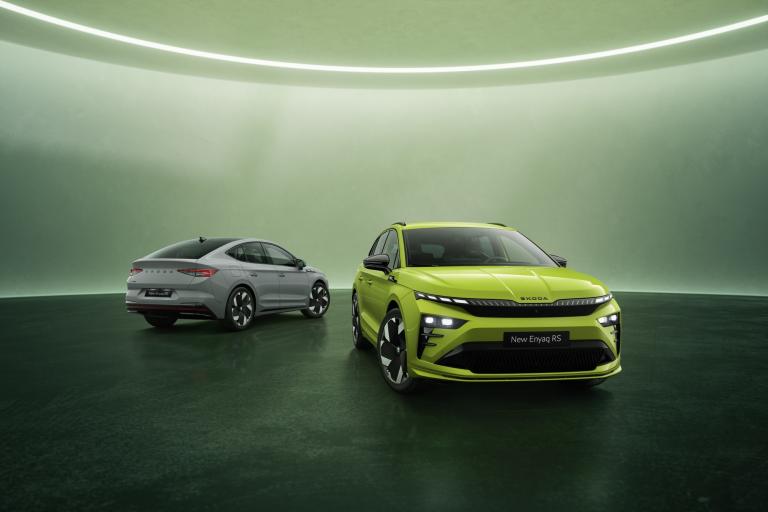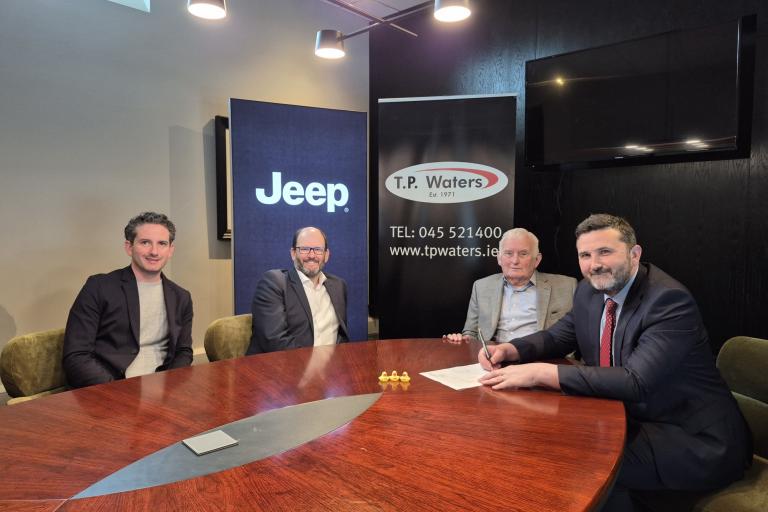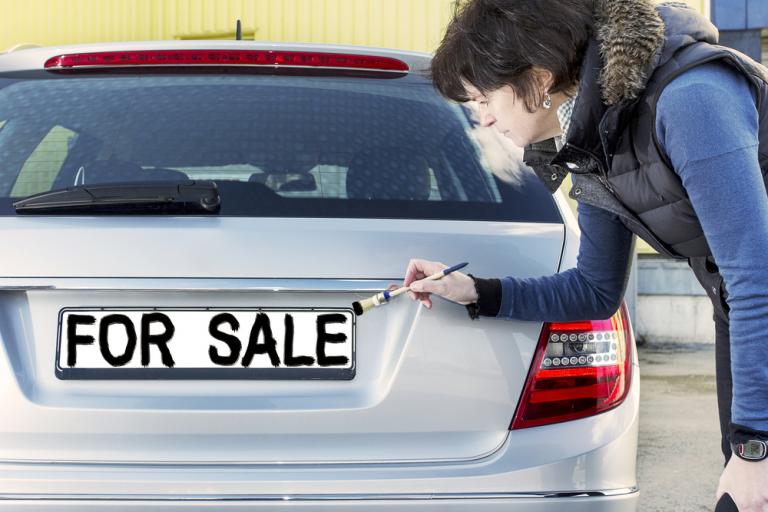Car sellers and buyers need boost as Brexit and lockdown hit hard
Published on 13 January, 2021
Overview
SO the cost of buying a nice, well-minded second-hand import from Great Britain is going to cost you thousands from here on in.
Thanks to Brexit taxation changes it will hit the plans and pockets of thousands of private buyers and retail businesses. Experts reckon you’re facing an average hike of €5,000 on a mainstream car. A good deal more for higher-end motors.
So what can you do if you need a newer car?
For starters it doesn’t mean the end of used imports from Great Britain: you just won’t get as good value as before but you may get a better choice of car.
And – this is really important – you can still shop and buy up North without any penalty. I expect there will be quite a flood in that direction when the lockdowns lift. You can, meantime, do some checking online – I expect prices to stiffen given the laws of supply and demand – and maybe it’s a case of the early bird getting the worm.
And maybe, just maybe, the new scenario will make buying a brand new 2021 Irish car a lot more likely for more motorists.
Stories of people saving €3,000/€4,000 for fresh mainstream models to a lot more for high-end executive models are likely to be few and far between any more.
It’s all due to the fact that, since January 1, there has been a 10pc tariff on virtually all used GB imports. In addition many cars will be subject to both UK and Irish VAT which will add a further 20pc to their cost. Used imports from the UK fell nearly 30pc to 79,969 last year after hitting 113,926 in 2019.
On the home front, new-car registrations for the first 10 days of January, have plunged more than 25pc. If that continues – it will for the foreseeable lockdown future – then the number of good trade-ins will dip significantly too, pushing up the price of used cars and making the cost to change to a new car that bit lower.
Not much can be done as things stand but the Government is coming under increased pressure to do something about the impact of lockdown on new-car buying. There are calls to extend the current VAT reduction from 23pc to 21pc until the end of June. It is due to finish at the end of February. Volkswagen here has asked Government to do so to counteract the effects of a locked-down first quarter (which accounts for up to 57pc of year’s total).
Volkswagen Group managing director Carla Wentzel says restrictions still mean a hugely reduced market. She believes “the continuation of the VAT reduction will go some way to incentivising new car sales beyond the traditional January rush”.
Meanwhile a semblance of business continues with online selling/delivery and new model additions. In VW’s case it’s the arrival of the latest Tiguan, the brand’s best-selling model here.
There are revised petrol and diesel engines with a new plug-in hybrid due later. Petrols include 1.5-litre 130hp and 150hp engines (manual or DSG automatic). Prices from €32,510 on-the-road.
And for the first time there is a separate Tiguan R model with the range-topping 2-litre 320hp TSI 4Motion R model costing €66,990.
Mercedes has just unveiled a new ‘hyperscreen’ which they describe as the “futuristic face” of their MBUX infotainment system. It arrives later in the year in the new electric EQS luxury saloon version of the S-Class.
The screen is a fusion of digital and analogue design, is 141cms wide and will be ‘the brain and nervous system’ of the car, the company says.
Nissan has unveiled a new Enigma version of the Juke. It gets bespoke exterior upgrades and 19-inch alloys and introduces Amazon Alexa compatibility for the first time in Europe.
Prices start from €27,600.
Latest Reviews

Škoda Reveals Most Powerful Enyaq Yet with New RS Models

T.P. Waters Appointed Main Dealer for Fiat, Jeep and Fiat Professional

Top tips for selling your car